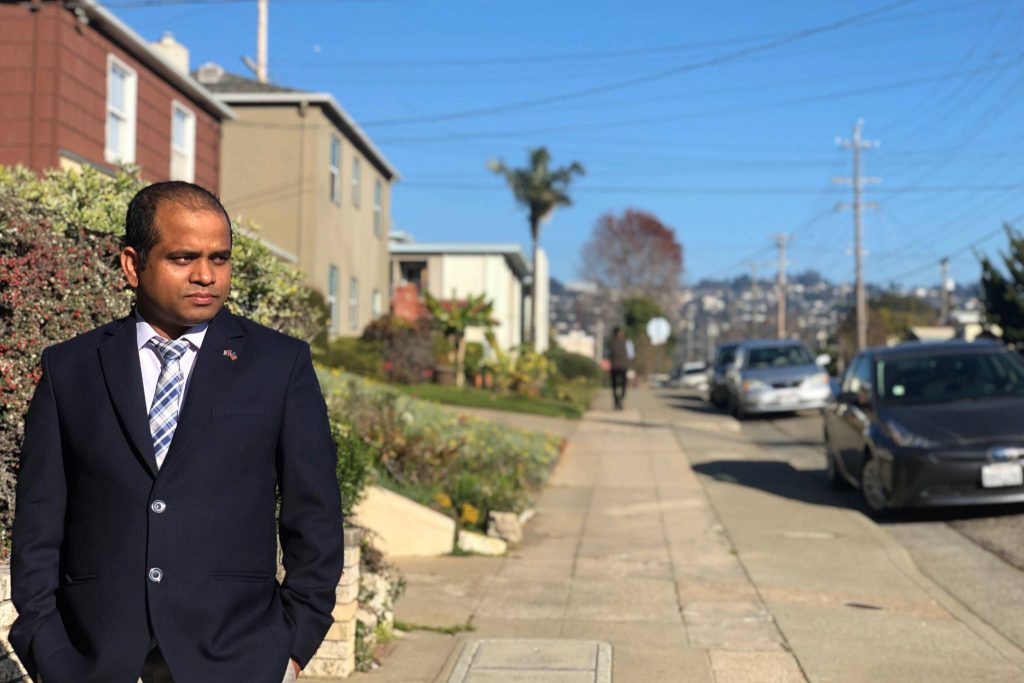It is incredibly important to acknowledge the diaspora of caste in regard to Nepali migration to the United States, as it is an issue that impacts many Nepali Americans today. Though the caste system was declared unconstitutional in Nepal in 1951, caste discrimination and bias continue to be an issue in Nepal, and these prejudices can immigrate with the higher caste Nepalis who come to the U.S.
A recent study conducted by Prem Pariyar, Bikash Gupta, and Ruvani W. Fonseka found that caste discrimination and prejudice are an issue among Nepalis in the San Francisco Bay Area. As one participant in the study described, “[T]he [caste-based] trauma I experienced earlier [in Nepal] did not leave when I arrived in the U.S.” Another said that they “have experienced discrimination in Nepal, India, the U.S., wherever there is a Nepali diaspora.” This discrimination often prevents Dalit people from engaging with the larger Nepali community.
Dalit people in the diaspora have to decide whether to live openly or conceal their identity. Though it can be helpful to avoid discrimination, the study found that constantly concealing their identities had a negative impact on the mental health of Nepali Dalit people living in the Bay Area. Others choose to live openly, as one participant in the study declared “I am proud of my caste.” Organizations such as the Nepal American Pariyar Association (NAPA), a diasporic Nepali organization for Dalit people, help build community and solidarity.

Above: a graphic from the Nepal American Pariyar Association, a diasporic Nepali organization for Dalit people.
When faced with hateful words or incidents, many Nepali Dalit people don’t know who they should turn to, due to the fact that caste isn’t a protected category in most workplaces and local government policies in the United States. Many Nepali Dalit people in the study didn’t want to register complaints with the police because caste wasn’t a protected category under the local policy, making them wonder if their complaints would just go unheard. Additionally, they worried that going to the police would cause their social standing to be lower in the diasporic Nepali community.
However, this may be changing, as including caste as a protected category is being discussed on the national level. Additionally, lawsuits regarding caste discrimination are being discussed in the courts today. For example, a Cisco employee is suing his former employer after it refused to take corrective action after he filed multiple complaints of caste discrimination with the HR department.
Many Nepalis continue to remain active in the fight to include caste as a protected category in U.S. legislation and in workplaces and universities. For example, Prem Pariyar, a Dalit activist from Chitwan, Nepal, advocated for California State University to add caste as a protected category to its nondiscrimination policy. Because of this activism, the CSU system became the first public university system to include caste as a protected category in nondiscrimination policy.

Above: Prem Pariyar, a Dalit activist from Chitwan, Nepal advocated for the CSU system to include caste as a protected category in its nondiscrimination policies.

